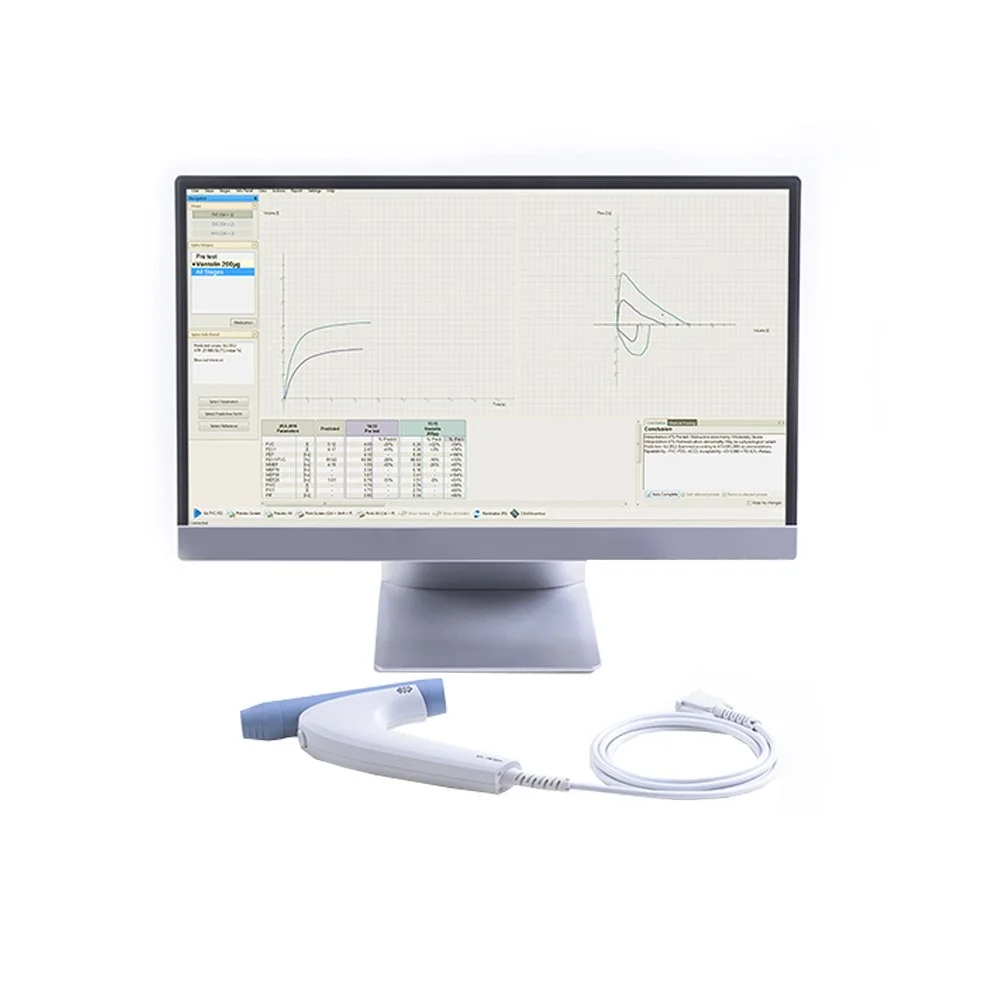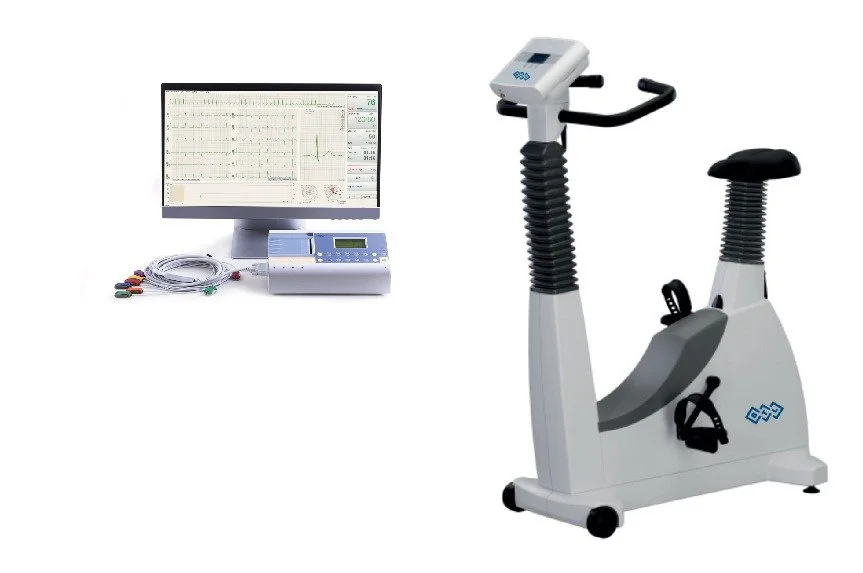Services for Exercise Related Medical Issues
-

What are "exercise related" medical issues?
During exercise, several organ systems are placed under normal (physiological) “stress”. This can result in symptoms by “unmasking” medical issues in various organ systems. More common examples are breathing issues (excessive shortness of breath during exercise, cough, chest tightness, wheezing), cardiac issues (chest pain / discomfort, racing heart rate), muscle pain or cramps, dizziness or collapse during or after exercise and others.
-

Diagnosis and management of exercise related medical issues
The first step in the management of “exercise related” medical issues is to make an accurate diagnosis. Diagnosis is by history and clinical examination with selective use of special tests such as an ECG (rest and exercise), airway and lung function evaluation, airway and blood tests (before and after exercise).
-

Special tests to diagnose exercise related medical issues
In our practice we offer the following special diagnostic tests to evaluate medical issues that may develop during exercise.
Pre-exercise screening for any potential medical issues that may develop during exercise
ECG (rest, during exercise, prolonged ECG over 24-48 hours)
Blood pressure (response during exercise and over 24 hours)
Comprehensive airway and lung function assessment (rest and after exercise)
Continuous laryngoscopy durting exercise (CLE test)
FeNO test to diagnose and monitor airway inflammation
Metabolic and blood electrolyte response to exercise
-

Special services for the prevention and treatment of exercise related medical issues
In our practice we offer specific services for the prevention and treatment of medical issues that may develop during exercise, including:
pre-exercise screening
accurate diagnosis of any medical issue
training advice
advice on correct breathing,
advice on nutritional and fluid intake during exercise
pharmacological treatment (medicines) to treat specific conditions
We work within a multi-disciplinary team together with other medical specialists (cardiologists, pulmonologists, endocrinologists, renal physicians etc), as well as dieticians, physiotherapists, biokineticists and strength and conditioning specialists to ensure optimal treatment of exercise related medical issues.